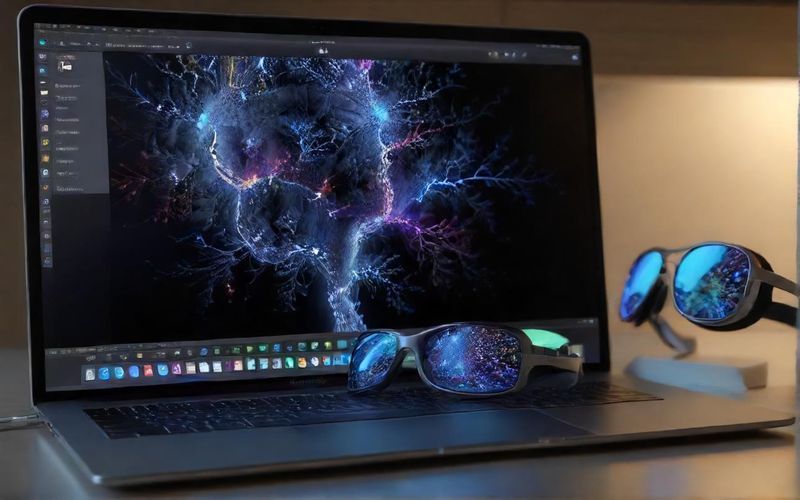Google Turns 27: What's Next?

The name itself, Google, is a fascinating twist of fate, originating from a playful misspelling of the word "googol," which represents a number with 100 zeros. Imagine that – a concept so vast, symbolizing the immense amount of information Google set out to organize. It’s almost poetic how a small typo, as highlighted by India Herald, has become a verb synonymous with discovery for billions of us worldwide. From that humble beginning, housed in a dorm room and even using LEGO bricks for its first data center, Google has grown into a tech powerhouse.
Over the years, Google has become so much more than just a search engine. It's woven itself into the fabric of our daily lives, from the maps that guide us to the videos we watch and the emails we send. As The Times of India's Lifestyle Desk might put it, it's become an indispensable part of our modern living experience, offering everything from entertainment to crucial information. The evolution into artificial intelligence, cloud computing, and even hardware demonstrates how Google continues to shape our digital future.
But as Google celebrates its 27th birthday, it’s also a moment to reflect. The company that promised to "organize the world's information" now grapples with the immense power that comes with that mission. The same tools that empower us can also create echo chambers or raise concerns about privacy. It’s a complex landscape, where innovation meets ethical considerations. As we continue to rely on Google for answers, it makes you wonder: what are the next big questions we’ll be asking it, and how will it help us find the answers in the years to come?









